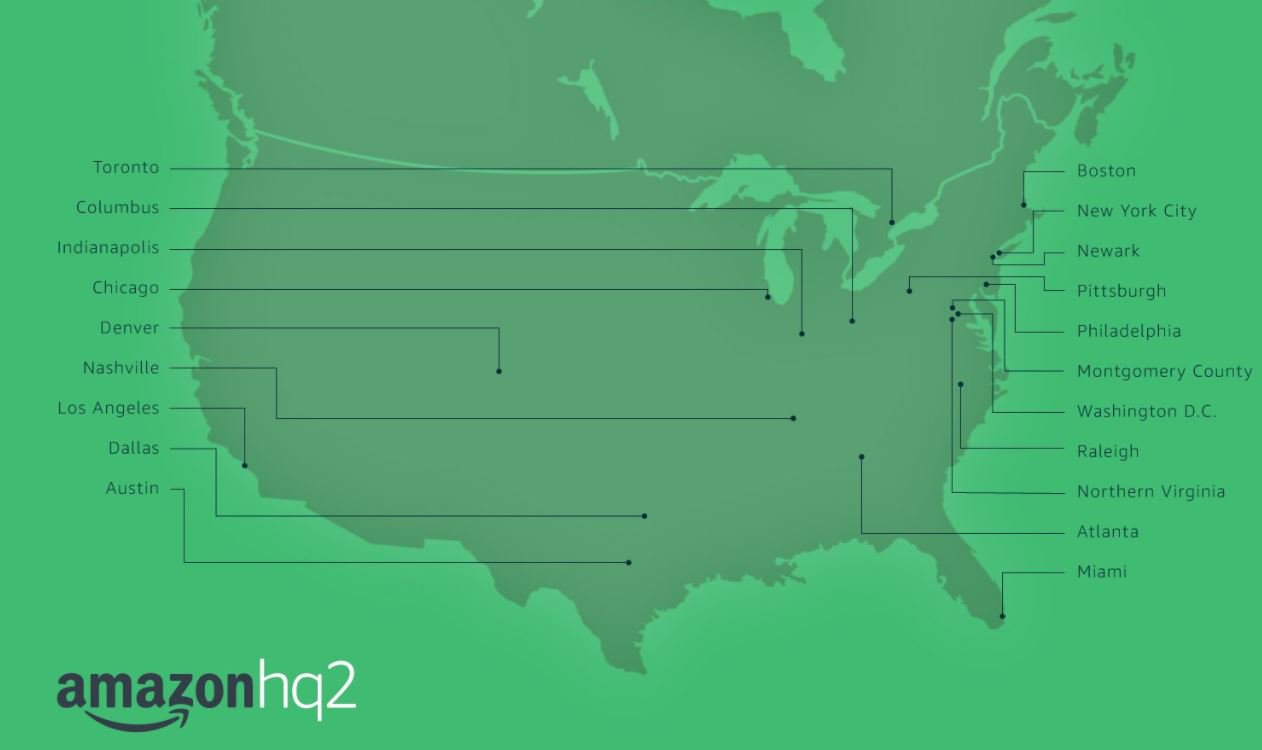Yes, like Wisconsin and Foxconn:
(From Real Clear Markets)
This summer, Wisconsin politicians announced they had lured a new Foxconn LCD flat panel plant to southeast Wisconsin with a $3 billion incentive package, in return for a $10 billion investment from the company. But, like many government giveaways to the corporate sector, the bill to taxpayers has gotten even bigger. The Wisconsin Economic Development Agency agreed to a significant reduction in Foxconn’s commitment, down to $9 billion. This was after the state legislature okayed the deal without nailing down the details.
The state legislative bureau estimated it would take 25 years – until 2043 – until the Wisconsin government received enough in additional tax revenues to match the initial $3 billion investment. At $4 billion-plus, the break-even point will recede even further into the future…
…The steep price Wisconsin has committed to paying to host Foxconn will ripple across other states and municipalities. In 2015 alone, state and local business incentives came to $45 billion, including tax credits, property tax abatements, investment tax credits, R&D tax credits and customized job training, according to the W.E. Upjohn Institute for Employment Research. And the cost has been going up; business incentives have more than tripled since 1990.
The state will also
spend $30 million on a new two-mile road east of I-94 to be called “Wisconn Valley Way,” and aimed at easing traffic congestion near Foxconn’s plant.
And last week we learned the Walker administration will also siphon $134 million from the state transportation fund to widen and improve several local roads near the future Foxconn factory, as a report by the nonpartisan Legislative Fiscal Bureau disclosed.
This from CNN:
The demands for labor from the Foxconn plant will hamper the abilities of companies that are already in Wisconsin, who are already struggling to get workers due to the state's low wages and low amount of candidates available to take those jobs.
But the low unemployment in the state has some existing businesses worried that the plant, which could employ up to 13,000 workers, will make it that much harder for them to find workers. Unemployment in Wisconsin is just 3.2%, near its record low. The entire state has only 102,000 unemployed workers.
"What I'm hearing from my employers is they can't fill the jobs they have available now," said Anthony Snyder, CEO of the Fox Valley Workforce Development Board. "I've heard companies not able to add another shift, not being able to take on orders because they can't fill them. Foxconn doesn't worry me today, but it'll worry me two or three years from now. It's another competitor for the labor we don't have here."





